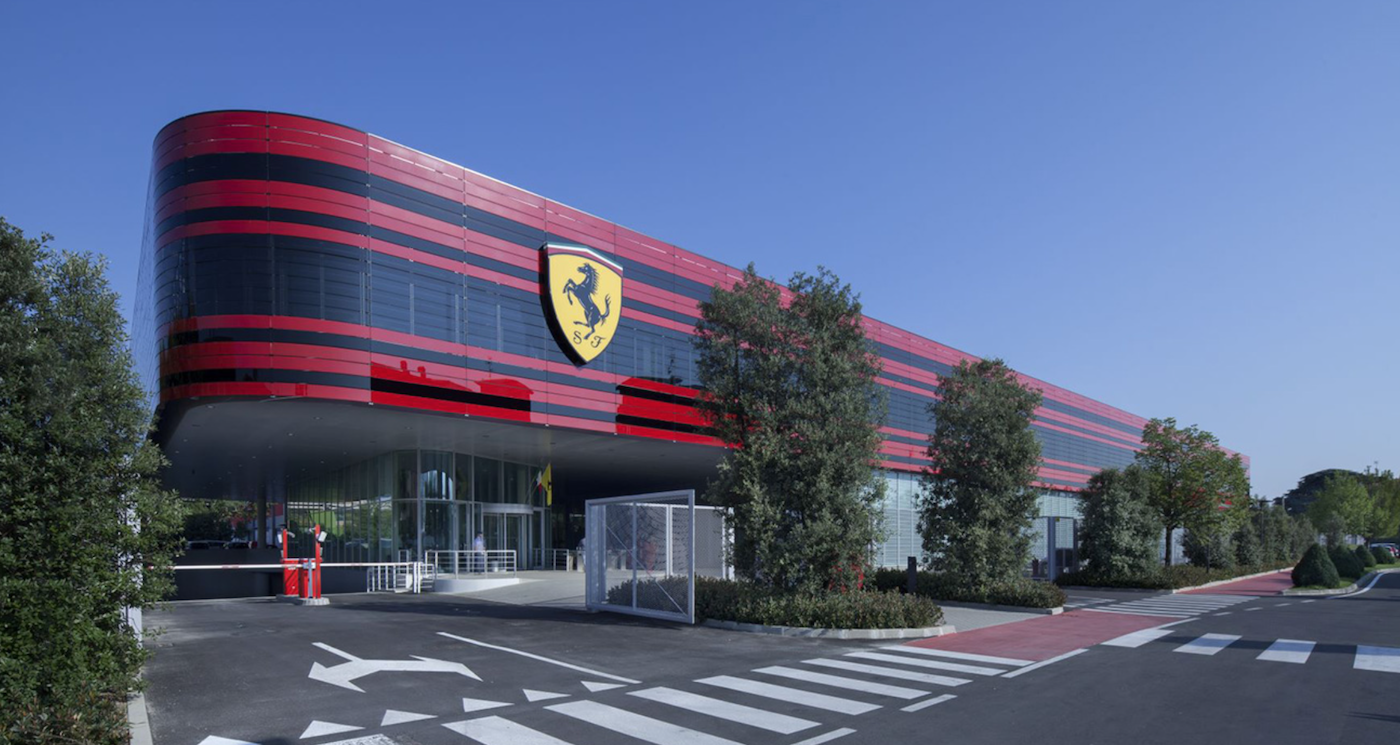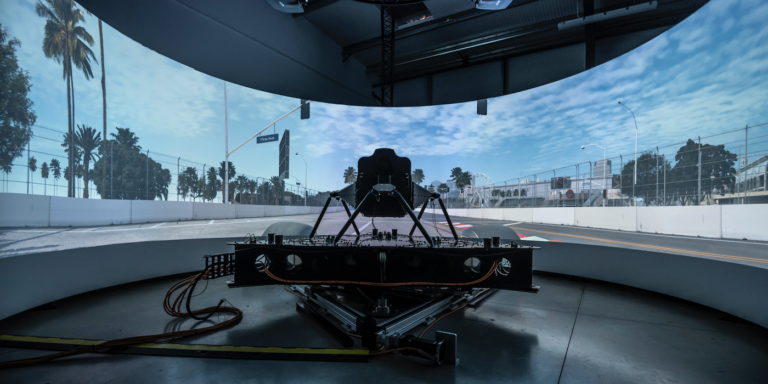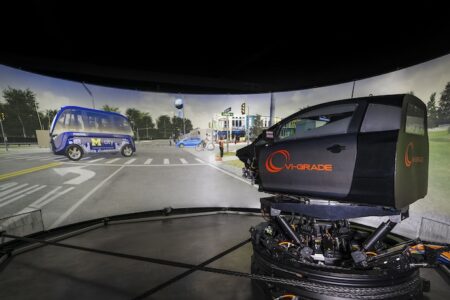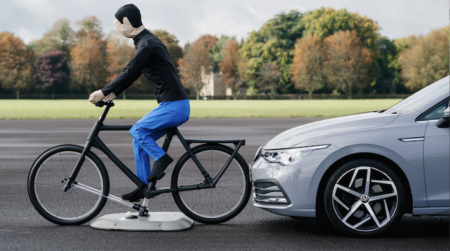Dynisma, a UK-based motion simulator technology company, has released details of its DMG-1 and lightweight DMG-1 Carbon advanced driving simulators. These ‘Dynisma Motion Generators’ (DMGs) have been designed specifically for motorsport teams who want to optimise driver and car performance, as well as for automotive manufacturers and suppliers for advanced vehicle development and testing. Dynisma claims that its DMG technologies are “at least 50% better than any rival”, and equally affordable.
The DMGs have been developed by a team of engineers with more than two decades of experience in Formula One driving simulation. Indeed the company was founded in 2017 by Ashley Warne, an F1 driving simulator engineer who previously led the simulator development efforts of both Ferrari and McLaren. The DMG technologies allow OEMs and Tier 1 suppliers to conduct tests such as ride comfort, handling and tyre development, as well as complex and extreme vehicle dynamics and ADAS systems testing, in a virtual environment.
Earlier this month Dynisma revealed its first custom-built motion simulator, developed for, and with, Scuderia Ferrari in a two-year project. The 360°simulator is claimed to have the lowest latency and the highest bandwidth motion cueing of any motion simulator available on the market. The simulator is housed in a new building located between the team’s Gestione Sportiva main office and the Fiorano track. Scuderia Ferrari is currently undertaking calibration work on the simulator and then, at some point in September, after the summer break required by the sporting regulations, the technology will be used to support the design phase of ‘674 project’, the 2022 Formula 1 car.

For the DMG-1 simulator Dynisma has employed the same design and engineering process applied in Scuderia Ferrari’s custom-built motion simulator. The company says its lightweight carbon composite version, the DMG-1 Carbon, delivers the lowest latency (sub 4ms) and highest bandwidth (>55hz in all 6DOF) of any simulator currently available on the market.
This low latency ensures the driver is able to react faster to events such as oversteer, and the system’s high bandwidth facilitates motion cueing, accurately transferring a high level of information to the driver, providing a realistic and responsive driving experience.
Dynisma has developed ‘Direct Drive’ technology for the simulators, which reduces friction to “imperceptible” levels, eliminating backlash and inertia, for an immediate and dynamic sensory experience. The DMG-1 transmits information in the rawest possible form direct to the driver’s vestibular system.
Both DMG-1 and DMG-1C are both available as turnkey solutions, or they can be customised to exact customer requirements, with the possibility to integrate any type of chassis, in current production or prototype form, for motorsport or automotive applications.
Ashley Warne, CEO of Dynisma stated, “We know that our motion generators can have a dramatic uplift in the performance of any driver or team, as well as playing a key role in making vehicle development testing far more efficient. The global automotive industry currently spends £7 billion (US$9.7bn) per year on prototype builds, and those cars can individually rack up over half a million miles. The DMG-1 systems can reduce the cost, carbon impact and time it takes to test vehicles, as well as allowing engineers to conduct testing in a confidential and 100% safe virtual environment.”





